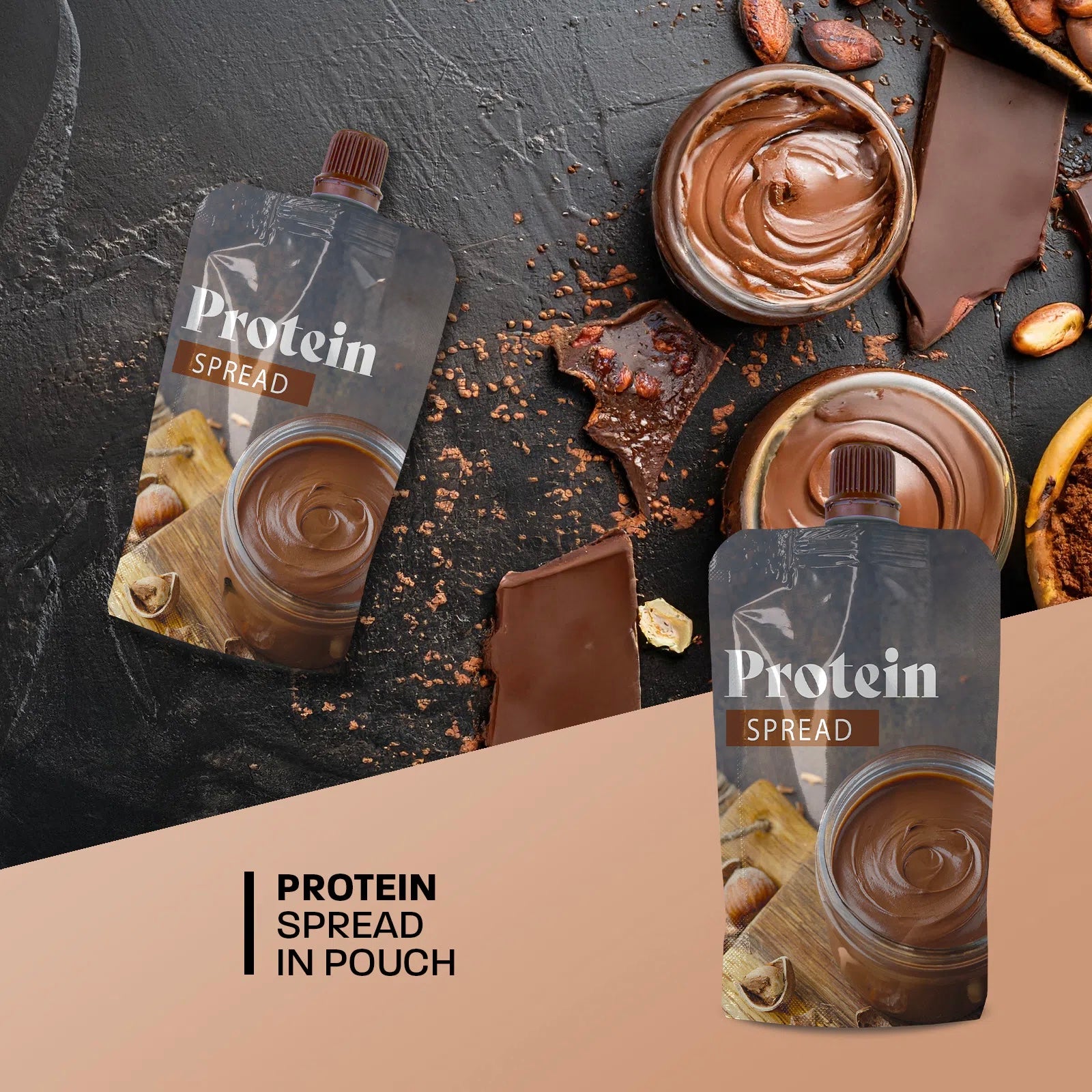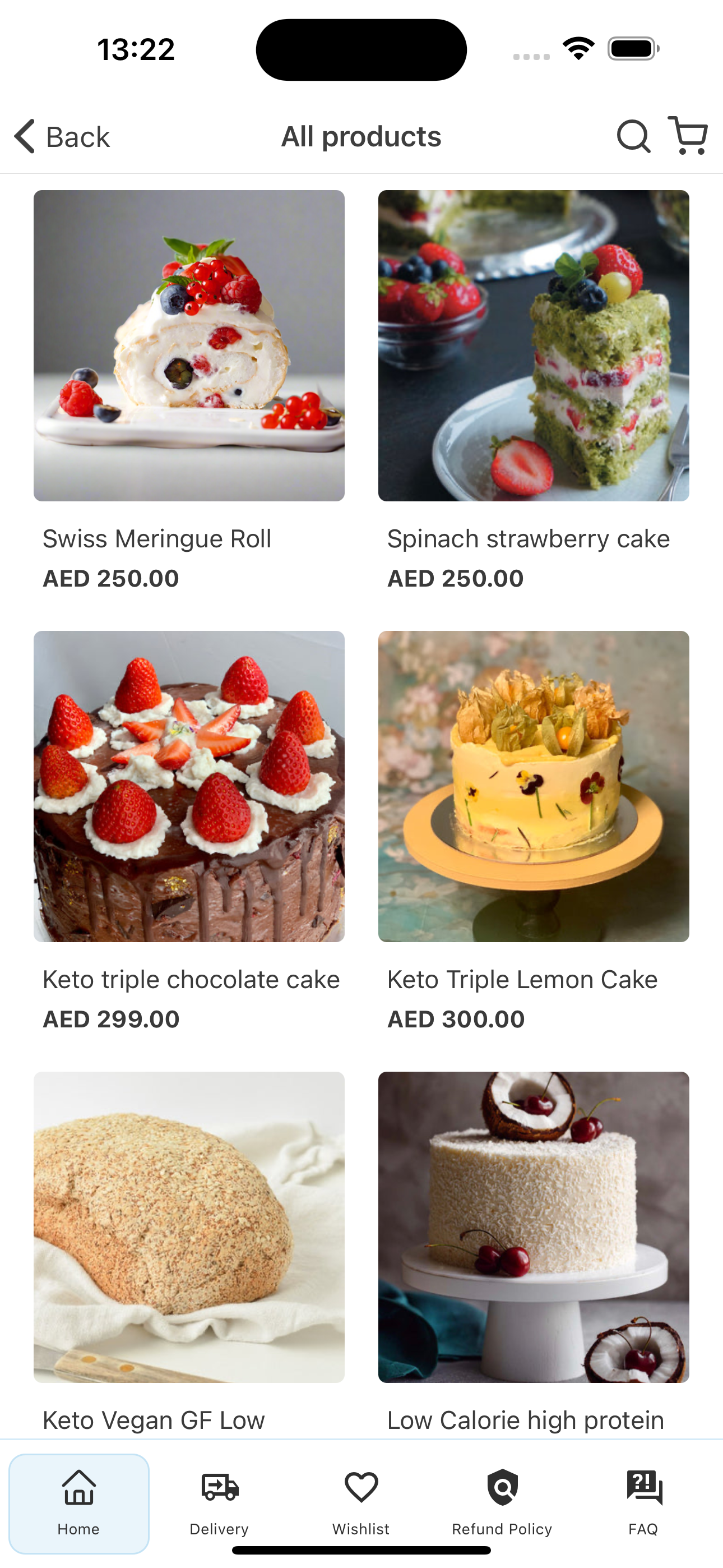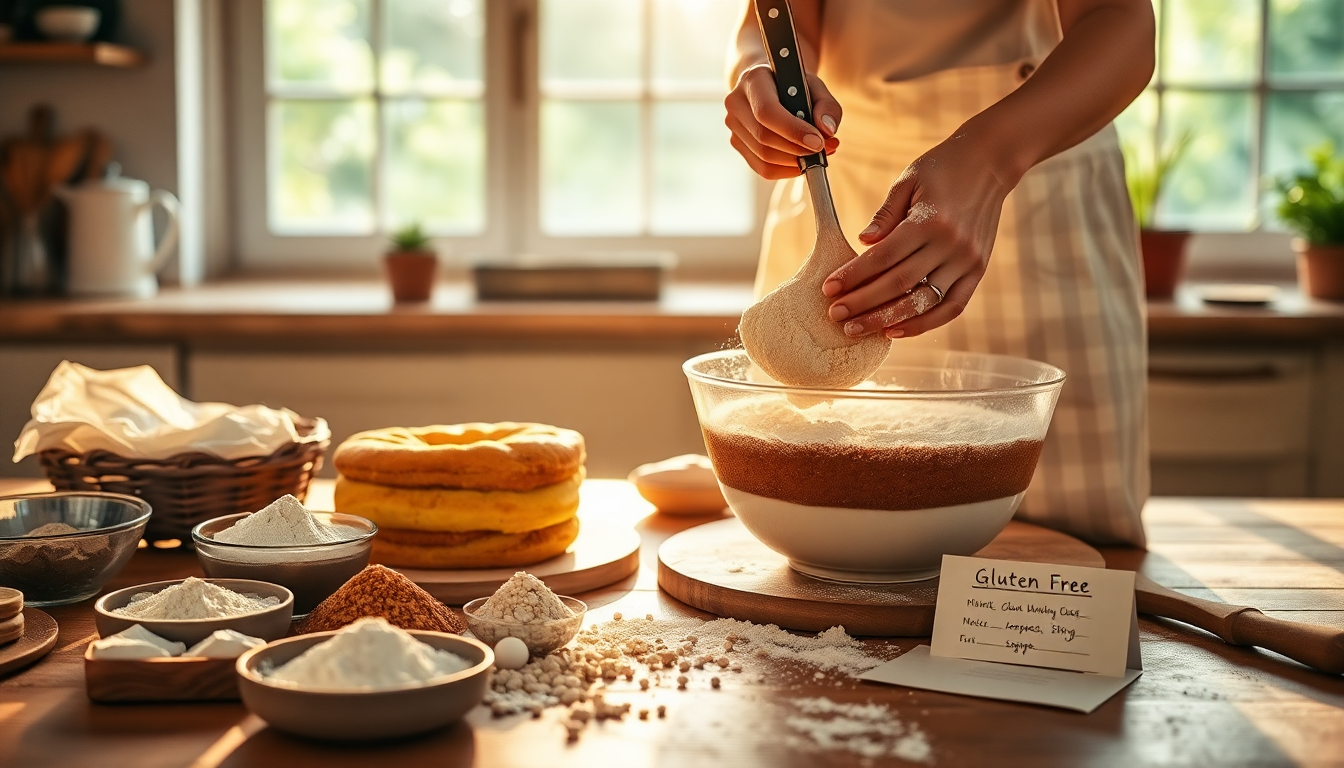Welcome


Founder
Gluten-Free Journey
Time is the new trace of high class. Classic cakes celebrate a healthier and smarter way of modern living.


Introduction
Creating a gluten-free kitchen requires careful attention to detail and the right selection of kitchenware. By investing in the appropriate tools and utensils, you can maintain a safe and gluten-free environment while preparing meals. In this blog post, we will explore the essential factors to consider when shopping for kitchenware for your gluten-free kitchen. From dedicated cutting boards to cookware, these tips will help you make informed choices to ensure the well-being of individuals with gluten sensitivities or celiac disease.
- Introduction
- Starting gluten-free journey
- Rediscovering the beauty of healthy and tasty gluten-free living
- Empowering Local Communities
- Embracing Sustainable GF Living
7. Join Us on Our GF Journey
Meet Our Founder
Anna Heenan is a certified health and diet coach, specialising in allergies and intolerances, gluten-free patisserie chef and recipe developer, photographer and content writer for her healthy kitchen blog covering the gluten-free and other eating disorders. She is also a sucessful enterprenuer with over 20 years of combined business experience. She has experience in developing various businesses, such as interior decorating, retail business, photography business, catering and digital marketing. She is now an ownder and the CEO to a successful e-commerce business offering her customers healthy gluten-free, low FODMAP, vegan, keto and low carb/high protein products as well as handcrafted kitchenwear and accessories, which is is proudly created and was developing over the last 5 yeras.
“Welcome to my Gluten-Free Kitchen Blog!
Gluten-free and IBS health problems can affect anyone of all ages. As an ibs sufferer myself I completely empathyse those who are affected the same way or another. Therefore my goal is to helping those who as myself are struggling on a daily basis with their health issues and added problems on finding the right gluten-free products on the local market. On this blog I am talking about different options that fit your gluten-free diet needs, share some of the recipes that I developed over the years as well as general advice on what to look for when shopping for kitchenwear for your gluten-free kitchen, which I hope you will find useful for yourself or your loved ones.”
- Anna Heenan
Celebrating Gluten-Free Living
A Journey of Health, Taste, Community, and Sustainability
Living a gluten-free lifestyle is no longer just a dietary restriction; it has evolved into a celebration of diverse and delicious culinary experiences. As more individuals discover the benefits of going gluten-free, they embark on a journey of self-discovery, health consciousness, and an appreciation for the thriving community that supports and empowers them. In this blog post, we explore the various aspects of celebrating gluten-free living, from starting the journey to re-discovering the beauty of healthy and tasty options, empowering local communities, and embracing sustainable practices.
Starting Gluten-Free Journey
Embarking on a gluten-free journey can initially feel overwhelming, but it's a positive step towards improved well-being. Whether you're diagnosed with celiac disease or gluten sensitivity or simply seeking a healthier lifestyle, this chapter highlights important steps to get you started:Education and awareness: Understanding what gluten is, its impact on your body, and where it hides in various foods is crucial. Research reliable sources and consult healthcare professionals to gather accurate information.Kitchen makeover: Clearing your pantry of gluten-containing products and restocking it with gluten-free alternatives is essential. Familiarize yourself with gluten-free grains like quinoa, rice, and millet, and experiment with new recipes.Embracing fresh, whole foods: Fruits, vegetables, lean proteins, and legumes are naturally gluten-free and offer a wide range of nutrients. Prioritize these ingredients to build a foundation of healthy eating.
Rediscovering the beauty of healthy and tasty gluten-free living
Contrary to popular belief, a gluten-free lifestyle does not equate to sacrificing taste or variety. This chapter explores how gluten-free living can open doors to new culinary experiences:Exploring alternative grains: The world of gluten-free grains is vast and diverse, offering an array of flavors and textures. Discover the nutty taste of amaranth, the creamy texture of teff, or the versatile buckwheat.Experimenting with flours: Gluten-free flours like almond, coconut, tapioca, and chickpea flour can be used in baking and cooking, creating a myriad of delectable treats and meals.Gluten-free dining out: The rise in awareness of gluten-free needs has resulted in increased availability of gluten-free options at restaurants. Embrace the joy of dining out without compromising your dietary preferences.
Empowering local gluten-free communities
Being part of a supportive community can greatly enhance the gluten-free journey. This chapter emphasizes the significance of local communities and how to actively participate:Support groups and online forums: Joining support groups and online communities allows you to connect with individuals who share similar experiences. Share tips, recipes, and support each other throughout the journey.Local events and meetups: Attend gluten-free expos, farmer's markets, and cooking workshops to meet like-minded individuals, discover new products, and learn from experts in the field.Advocacy and education: Raise awareness about gluten-related conditions, promote gluten-free options in your local community, and advocate for better labeling and accessibility.
Embracing Sustainable Gluten-Free Living
Sustainability is a crucial aspect of any lifestyle, and gluten-free living is no exception. In this chapter, we explore how to embrace sustainable practices while adhering to a gluten-free diet: Choosing local and seasonal produce: Supporting local farmers and choosing seasonal produce reduces the carbon footprint associated with transportation and promotes fresher, healthier ingredients. Reducing food waste: Planning meals, utilizing leftovers creatively, and freezing excess food helps minimize waste and saves money. Environmentally-friendly packaging: Opt for products with sustainable packaging or bulk options, reducing plastic waste and promoting eco-friendly alternatives.
Join Us on Our Journey
Celebrating gluten-free living goes beyond dietary restrictions; it encompasses a holistic approach to health, taste, community, and sustainability. Starting the gluten-free journey opens the doors to a world of new flavors and textures, while being part of local gluten-free communities empowers individuals to share experiences, knowledge, and support. Embracing sustainable practices ensures that our gluten-free lifestyle not only benefits our well-being but also contributes to a healthier planet.
At Rawsome Patisserie, we invite you to embark on this journey with us.
We are hoping that our blog, "Our gluten-free journey", will be a useful platform for those, who is just starting their gluten-free jorney as well as for those who is looking for useful tips on gluten-free baking techniques and recipes. We aim to inspire you to embrace your jorney, support local communities, and make a difference through your choices. Together, let's celebrate and rediscover the joy of gluten-free living. Let's raise a gluten-free toast to a vibrant, inclusive, and sustainable future!
5 tips to help you organize and stock your gluten-free homemade pantry
Buying ingredients in bulk and in season
Buying ingredients in bulk and in season saves you money and is also better for the environment. Think berries for jams, pumpkins for homemade pie filling, or fresh basil for pesto.
Store ingredients in their whole form for endless possibilities
Keep granulated sugar in your pantry and then grind it into icing sugar when needed. Or make your own flour mixtures from whole grains. If you’ve got more rice than you know what to do with, start thinking outside the box in terms of milling some rice into rice flour for use in different desert recipes. I do that with all my gluten-free flours, like almond flour, oat flour, hazelnut four and other nut flours in my Thermomix machine, which saves money by allowing me to have these expencive flours and not only, at my disposal at all times. If you want to know more about this wonder revolutionary all-in-one cooking, blending, grinding, fermenting, dehydrating, steming machine, contact me to arrang a free private workshop at the convinience of your own home. Just follow this link to schedule a class here.
Have sauces ready to go for quick dinners
The Thermomix® is my superpower when it comes to sauces. Whether it’s a curry or chutney, any kind of sauce, vegetable stock or pesto, I have the choice to easily make it from scratch.
Buy whole spices
Keep spices fresher for longer by buying them in their whole form. Always grind your own ingredients as needed to retain their freshness and flavor, then store and use them later.
Always know what you have on hand
Have you come across mysterious mason jars in your pantry? An organized labelling system will help keep track of contents and best before dates. Choose one or two items to make at home each week and you’ll soon have a pantry brimming with homemade goods.
Essential Considerations when Shopping for Kitchenware for Your Gluten-Free Kitchen

1. Material Safety
When selecting kitchenware for your gluten-free kitchen, it's crucial to opt for materials that are safe and non-porous. Porous materials such as wood and certain plastics can harbor gluten particles, making them difficult to clean thoroughly. Instead, prioritize stainless steel, glass, ceramic, or silicone utensils, as they are less likely to retain gluten residues and are generally easier to sanitize effectively.

2. Dedicated Cutting Boards
To prevent cross-contamination, having separate cutting boards for gluten-free ingredients is essential. Look for cutting boards made of non-porous materials like glass or plastic. These can be easily cleaned and sanitized to eliminate any gluten residue. Color-coded boards or clearly labeled ones can help avoid confusion and ensure that the gluten-free board is only used for gluten-free food preparation.

3. Mixing Bowls and Utensils
Similar to cutting boards, it's important to have dedicated mixing bowls, spatulas, and other utensils for your gluten-free kitchen. Stainless steel or glass mixing bowls are preferable as they are easier to clean and less likely to retain gluten residues. Silicone spatulas and whisks are excellent choices as they are non-porous and can be thoroughly cleaned, minimizing the risk of cross-contamination.

4.Toaster and Toaster Bags
Bags:Toasters are notorious for harboring gluten particles in their crevices, making them unsuitable for a gluten-free kitchen. Investing in a separate toaster exclusively for gluten-free bread or opting for a toaster with dedicated gluten-free settings can help mitigate the risk of cross-contamination. Alternatively, toaster bags provide a convenient solution by allowing you to toast gluten-free items without direct contact with the toaster.

5. Baking Sheets and Pans
When baking gluten-free goods, it's crucial to use baking sheets and pans that are free from gluten residues. Opt for non-stick, stainless steel, or silicone-coated baking sheets and pans, as they are easier to clean and less likely to retain gluten particles. Consider using parchment paper or silicone baking mats to further minimize the chances of cross-contamination.

6. Storage Containers
Proper storage is key to maintaining a gluten-free kitchen. Choose airtight containers made from materials such as glass or BPA-free plastic to store gluten-free flours, grains, and other ingredients. Ensure that these containers are thoroughly cleaned before use and clearly labeled to avoid confusion.
Conclusion
When shopping for kitchenware for your gluten-free kitchen, prioritize materials that are non-porous, easy to clean, and less likely to retain gluten residues. Dedicated cutting boards, utensils, and cookware will help prevent cross-contamination. Remember to label and store gluten-free ingredients properly, maintaining an organized and safe environment for gluten-sensitive individuals. By following these essential considerations, you can create a kitchen that supports a gluten-free lifestyle and ensures the well-being of everyone in your household.
People Also Read

Sweetly Unveiled Beyond Compromise: A Journey Through Decadent Yet Virtuous Desserts
Inside, you'll find recipes born from both medical necessity and passionate creativity. The Birds Milk cake that helped me through a difficult flare-up. The strawberry almond tart I created when my sister—who shares my autoimmune challenges—thought her wedding would mean missing out on a celebration cake. The cottage cheese doughnuts my twins every time ask for, blissfully unaware they're nothing like the sugar-laden, inflammation-triggering versions from the bakery.

From Ovens to Hospital Rooms: Our Unexpected Journey
My husband, who has been a silent pillar of support in building this gluten-free bakery business with me, is currently facing a life-threatening medical emergency requiring two urgent surgeries. He’s been diagnosed with Abdominal Aortic Aneurysm (AAA) and requires immediate intervention. To our beloved customers who’ve shared so many sweet moments with us, who’ve trusted us with your celebrations and special occasions—today, I’m reaching out as a wife seeking support to save her husband’s life. We’ve set up a GoFundMe campaign for his urgent medical treatment, where you can read our full story and find details and updates on the campaign. Every contribution, share, or prayer brings us closer to hope. While Rawsome Patisserie continues to serve you with the same love and dedication, my heart is heavy with this personal challenge. Your support during this difficult time would mean the world to our family.

Unlocking the Power of Superfoods: What They Are and Why You Need Them
What Are Superfoods? The term "superfood" lacks a strict scientific definition. It's more of a marketing term used to describe nutrient-rich foods that offer exceptional health benefits beyond their basic nutritional value. These foods are typically packed with vitamins, minerals, antioxidants, and other beneficial compounds that can support overall well-being.

How to Choose the Perfect Gluten-Free Cake for Special Occasions
Choosing the perfect gluten-free cake for your special event doesn't have to be a daunting task. By understanding the unique characteristics of gluten-free baking, considering your guests' needs and preferences, and working with a trusted bakery like Rawsome Patisserie, you can create a dessert that not only satisfies dietary requirements but also delights the senses
Have Any Questions?
We are here to answer all of your queries


